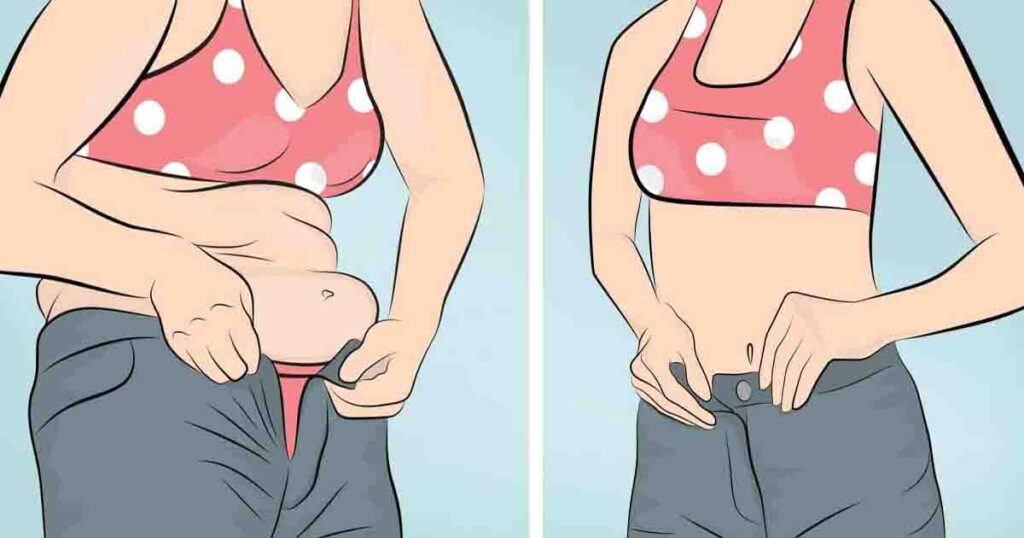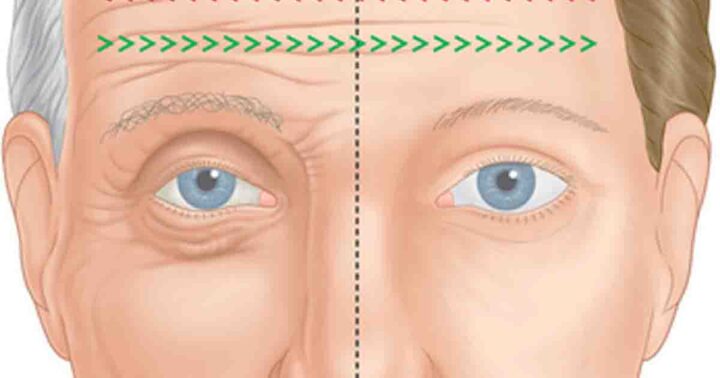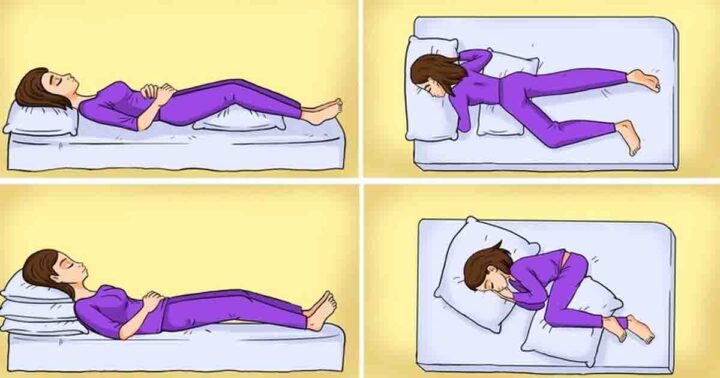Menopause brings a host of changes for women, one of which is an increased difficulty in losing belly fat. This phenomenon isn’t just about vanity; it has real health implications.
But what causes this stubborn belly fat during menopause? It all boils down to a significant change in the body: the retirement of the ovaries.
As the production of eggs and hormones from the ovaries ceases, the body undergoes hormonal shifts that can lead to increased belly fat. However, there’s more to it than just hormonal changes. Let’s delve deeper into the reasons behind this issue and explore practical solutions.

Hormonal Changes
The decline in estrogen and progesterone alters the hormonal balance, leading to what appears as estrogen dominance. This imbalance contributes to weight gain, especially around the midsection.
Adrenal Glands and Hormonal Backup
Ideally, the adrenal glands should compensate for the reduced hormone production by the ovaries. However, issues with adrenal gland function can exacerbate menopausal symptoms, including weight gain.
Shift in Autonomic Nervous System
Post-menopause, there’s often an imbalance between the sympathetic (fight or flight) and parasympathetic (rest and digest) nervous systems. This imbalance can hinder the body’s ability to burn fat effectively.
Cortisol Increase and Stress Response
Increased cortisol levels during menopause can lead to anxiety, sleep disturbances, and a higher tendency to store fat in the abdominal area.
Exercise and Nervous System Balance
While exercise is beneficial, focusing solely on sympathetic-stimulating exercises (like high-intensity workouts) without adequate recovery can be counterproductive. Balancing exercise with enough rest is crucial for effective weight management.
Training the Parasympathetic Nervous System
Emphasizing activities that stimulate the parasympathetic nervous system, such as relaxation and proper sleep, is essential for weight loss and overall well-being.
Dietary Changes and Supplements
Adopting a low-carb diet and intermittent fasting can help. Supplements like DHEA, magnesium, choline, vitamin B1, vitamin D, and adaptogens (like ashwagandha) can support hormonal balance and stress management.
Importance of Rest Between Exercises
Prolonged rest between exercise sets and sessions can strengthen the parasympathetic nervous system, enhancing the body’s recovery and fat-burning capacity.
Avoiding Sustained Moderate Exercise
Activities like long-distance running can increase cortisol levels and should be balanced with high-intensity interval training and adequate rest.
Overall Lifestyle Balance
A holistic approach involving balanced exercise, proper nutrition, stress management, and adequate rest is key to managing belly fat post-menopause.
Navigating menopause and its impact on belly fat can be challenging, but understanding the underlying causes and adopting a holistic approach can make a significant difference.
By focusing on both physical and hormonal health, women can effectively manage their weight and overall well-being during this phase of life. Remember, each woman’s experience with menopause is unique, and it’s important to find a balance that works for your body and lifestyle.











